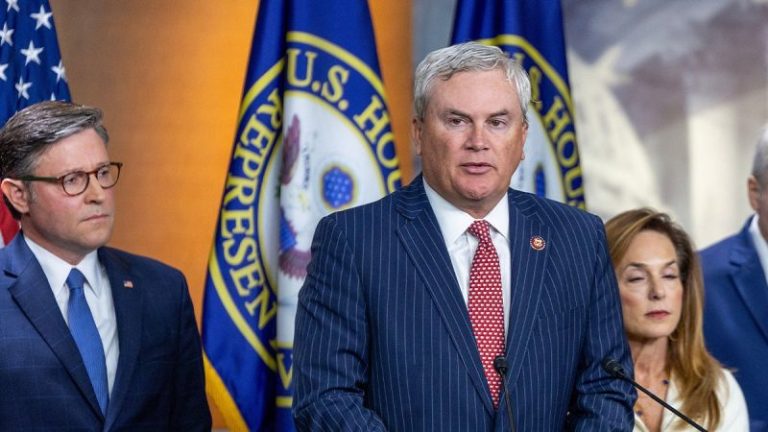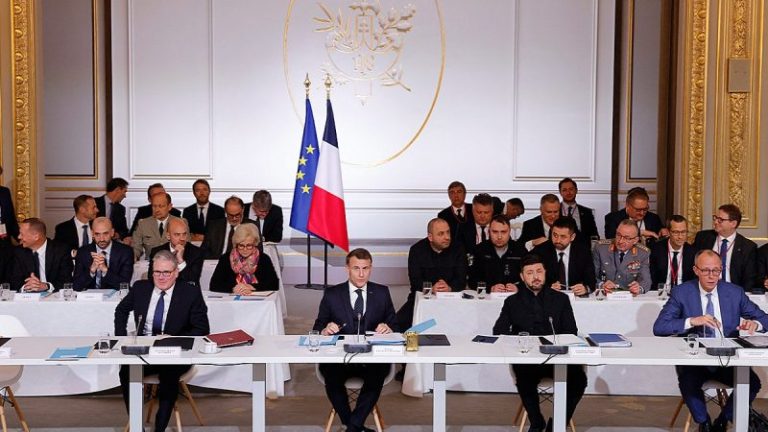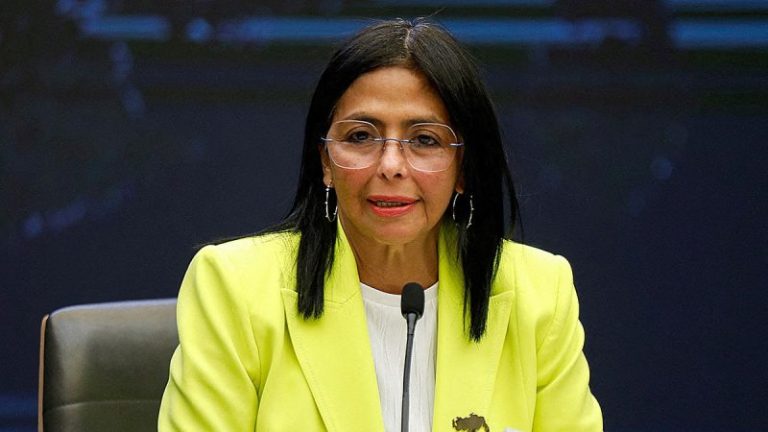2025 marked a turning point for investment in the cannabis sector, shifting the focus toward operational resilience and consolidation after a sluggish 2024.
Key market drivers included an upswing in merger and acquisition (M&A) activity as stronger multi-state operators (MSOs) acquired distressed assets, alongside pivotal regulatory developments.
The central theme for the year was the expected US federal shift to Schedule III, a policy rollercoaster that culminated in an executive order to expedite rescheduling, focusing investor flows into scaled, cashflow-positive MSOs.
Internationally, incremental legalization in Europe, particularly the momentum in Germany, broadened the global footprint and provided new export channels for North American producers.
Within market trends, profitability pivoted away from bulk flower to high-margin consumables, with infused pre-rolls and edibles driving category growth and supporting a rerating of resilient operators.
US cannabis rescheduling a core shift
After 2024’s punishing drawdowns, cannabis navigated a high-stakes policy rollercoaster in 2025.
The sector bottomed in Q1 as anticipated US Drug Enforcement Administration (DEA) rescheduling hearings were delayed, but ignited in late Q3 and Q4 as the narrative shifted toward a decisive executive-led reclassification.
This momentum culminated in US President Donald Trump’s December 18 executive order, which expedites rescheduling and CBD access. It triggered a parabolic surge followed by a violent ‘sell the news’ correction.
“Cannabis is not just a volatile sector or industry. It is the most volatile place,” said Dan Ahrens, managing director and portfolio manager of the AdvisorShares Pure US Cannabis ETF (ARCA:MSOS). “It just proves the point, once again, that we really, really need this federal reform to be officially completed.”
Indeed, 2025 brought plenty of ups and downs. The year opened with Schedule III buzz, which came after prior Department of Health and Human Services recommendations and initial DEA scheduling proposals from late 2024; however, proceedings ground to a halt after the DEA postponed a key January hearing by over 180 days due to administrative turnover, bias claims and leadership gaps post-election. These disruptiosn kept Section 280E tax penalties in place and banking access frozen, keeping margins for MSOs compressed.
Meanwhile, House spending bills included language prohibiting the Department of Justice (DoJ) from spending any funds on rescheduling efforts, while Senate Farm Bill revisions redefined hemp to exclude intoxicating derivatives like delta-8 THC, capping them at trace levels and effectively imposing a nationwide hemp ban on high-potency alternatives.
The MSOS ETF’s portfolio construction exemplified the broader trend of investor flows concentrating into scaled, cash-flow-positive MSOs amid reform volatility. The fund’s top three holdings — Curaleaf Holdings (CSE:CURA,OTCQX:CURLF), Trulieve Cannabis (CSE:TRUL,OTCQX:TCNNF) and Green Thumb Industries (CSE:GTII,OTCQX:GTBIF) — accounted for over 68 percent of its total holdings as of December 31, underscoring confidence in these operators as resilient proxies for US cannabis maturation while smaller single-state players face dilution.
MSOS managers reinforced the shift in the year’s third quarter by trimming three underperformers from the ETF: 4Front Ventures (CSE:FFNT), Lowell Farms (CSE:LOWL) and Gold Flora.
Despite stalls in momentum, Trump kept hope alive in the cannabis sector throughout the year.
In September, he called cannabis reform an “80-20 issue” with broad public backing, and posted a Truth Social video promoting CBD for seniors and suggesting Medicaid coverage.
Those moves, alongside Representative Greg Steube’s (R-FL) Marijuana 1-to-3 Act, aimed at legislatively shifting cannabis to Schedule III, drove a surge in Q3 without any underlying procedural progress.
As mentioned, the December 18 executive order injected fresh life into the sector, directing the DoJ and DEA to expedite cannabis rescheduling to Schedule III, while launching a CMS Innovation Center pilot for federal health programs to cover hemp-derived CBD as early as April 2026, with up to US$500 annual reimbursement for eligible patients.
CMS Administrator Mehmet Oz previously endorsed Medicare reimbursement for CBD therapies during his confirmation hearings, framing them as “low-risk, high-impact” options for age-related ailments.
European cannabis legalization and international growth
2025 brought incremental legalization or medical frameworks in multiple jurisdictions, including Czechia, Malta, Poland, Switzerland and Luxembourg, broadening the investable global footprint.
This continental momentum has directly boosted North American producers through export ramps and licensing deals, with Canadian licensed producers capturing 43 percent of Germany’s Q2 imports alone.
The country’s CanG framework and adult‑use reform, which came into effect in April 2024, have made it Europe’s most important legal market, with 2025 medical sales expected to see explosive year-on-year growth.
Cannabis company trends in 2025
In 2025, cannabis companies pivoted toward operational resilience and product innovation amid persistent commoditization pressures. After 2024’s wholesale flower price declines, down roughly 32 percent since 2021 by some estimates, stronger MSOs like Tilray Brands (TSX:TLRY,NASDAQ:TLRY) are demonstrating pricing power through branded products and category expansion into edibles, vapes and infused pre-rolls.
Deal flow rebounded from 2024’s US$1.17 billion trough, with US transactions reaching US$2.1 billion.
Against that backdrop, cash-rich MSOs pursued distressed roll-ups in oversupplied states like California and New York, with Vireo Growth’s (CSE:VREO,OTCQX:VREOF) acquisitions in Minnesota and New York exemplifying the trend, achieving critical mass with premium valuations amid hemp restrictions.
Private equity and creative deal structures dominated in the cannabis market, preparing operators for federal reform, while consolidating fragmented retail.
Investor takeaway
2025 marked a transformative year for cannabis, with regulatory breakthroughs and market maturation set against the backdrop of volatility. Trump’s execuctive order has brought new life into the sector in the US with the promise of not only banking and tax relief, but also bipartisan momentum for normalization; however, investors remain cautious.
“Everybody is waiting for it to be real and for it to be completed. Because even though we think the executive order was huge … nothing’s complete yet. Nothing’s official yet,” explained Ahrens.
Looking to 2026, he emphasized that the path forward for cannabis isn’t a straight line, but rather a series of volatile ‘waves’ tied to incremental regulatory milestones. Ahrens anticipates that while the finalization of Schedule III should trigger an initial move, it is merely the first domino; subsequent upside depends on the DoJ providing clear guidance for state-legal adult-use programs and the eventual passage of banking reform.
While he does foresee cannabis stocks uplisting to major exchanges, and Big Pharma companies beginning to make acquisitions in the space, Ahrens remains cautious about timing, noting that even with a signed order, large institutional banks will likely keep the ‘blockade’ in place until the legal ink is truly dry.
Ultimately, while 2025’s executive action has established a concrete foundation for federal reform in the US, the cannabis sector remains poised in a state of high-stakes volatility, with its full maturation dependent on official completion of milestones in 2026 and beyond.
Securities Disclosure: I, Meagen Seatter, hold no direct investment interest in any company mentioned in this article.










